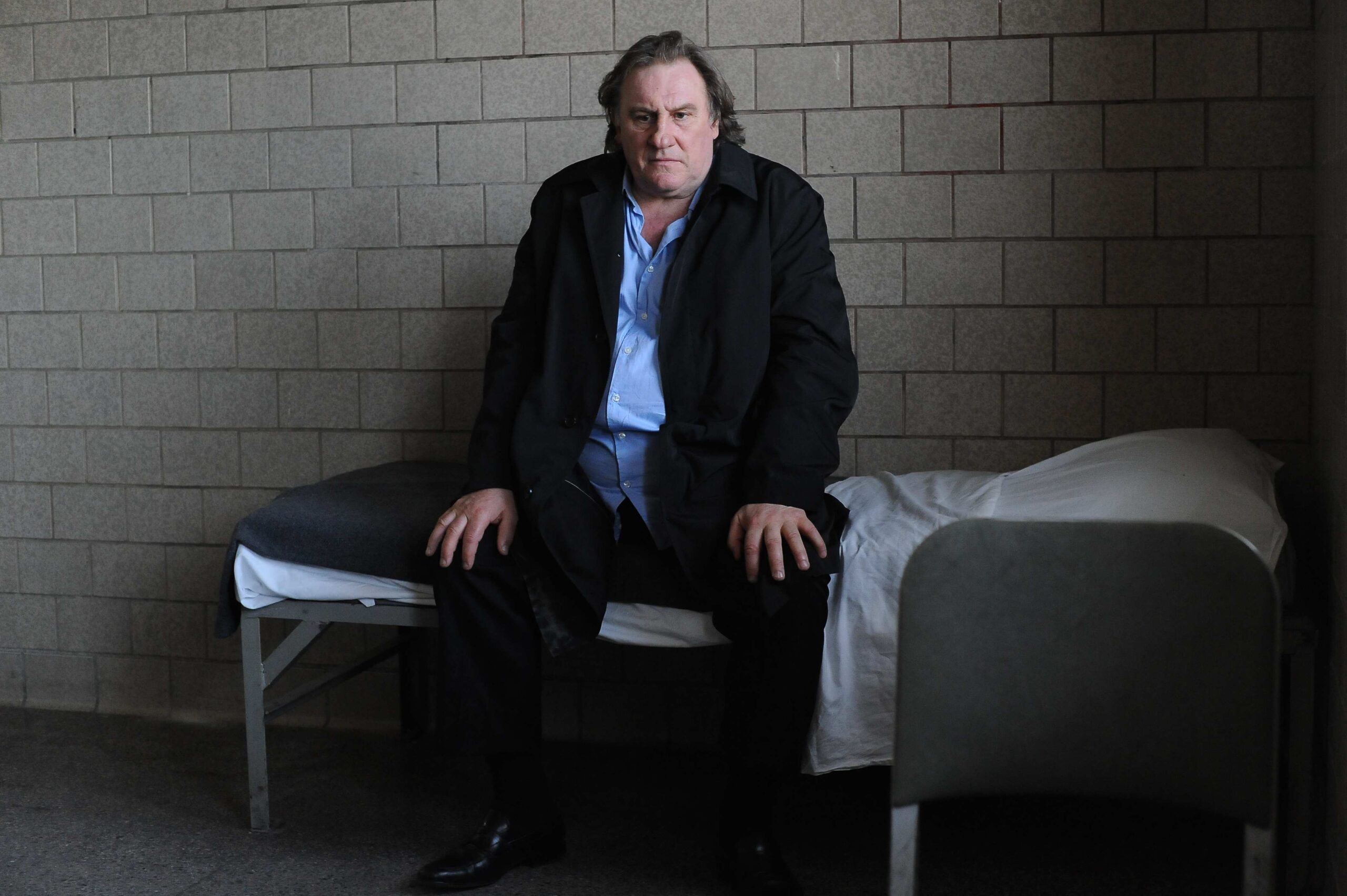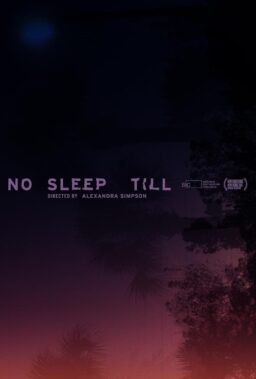CANNES, FRANCE—When former IMF chief and French presidential contender Dominique Strauss-Kahn was arrested in May 2011 in New York, that year’s Cannes Film Festival was in progress. How odd to think that, as Mark Ruffalo says in “Zodiac,” they’re already making movies about it.
For reasons best argued over by sales agents and programmers, Abel Ferrara’s acidly titled “Welcome to New York” is not showing as part of Cannes’ official lineup. Instead, it had its world-premiere screening tonight in the festival’s market, at the same hour it was made available to stream online in France. The one-time-only presentation was introduced by stars Gérard Depardieu and Jacqueline Bisset, along with one of the producers and Ferrara himself, who informed us that Mickey Rourke was flying in to see the movie. That means it’s a party, right?
Well, someone’s partying, anyway. We first meet the man who “Welcome to New York” calls Devereaux (Gérard Depardieu) in his international bank’s Washington, D.C. office, which he seems to have converted into a makeshift harem. Women parade in and out, happy to have their boss play doctor; they even offer oral sex to one of Devereaux’s guests. God forbid this orgy end for more than a couple of hours. No sooner has Devereaux flown to New York than he joins a party in progress at his hotel; he lasts only a few minutes before pulling a prostitute back to a private room for rough sex. And just as Devereaux’s entourage exits the hotel, two new prostitutes get out of a limo and head up to the banker’s room.
In its depiction of nonstop excess, “Welcome to New York” bears a superficial resemblance to “The Wolf of Wall Street,” but Ferrara is less prone to adornment than Scorsese. The hedonism isn’t accompanied by soundtrack selections; Ferrara insists we hear Devereaux’s grunting, slapping, and animal cries. Even in daylight, this vampiric character has sex on the brain. At lunch, he scandalizes his daughter and her boyfriend with TMI details. (Apparently he thinks of bouillabaisse as “the sex party of the fish.”)
The opening title cards stress that the movie is a fictionalization, but “Welcome to New York” nevertheless finds its way around to depicting the alleged sexual-assault incident that led to Strauss-Kahn’s arrest. From then on, the film becomes a refreshingly blunt and efficient procedural, as police from various jurisdictions counter Devereaux’s arrogance with their own.
Fundamentally, the film is an examination of power, wealth, and their attendant temptations toward sin. Just as Harvey Keitel’s character in Ferrara’s “Bad Lieutenant” could hide his criminal acts behind a badge, Devereaux (essentially “bad banker”) uses every loophole that money and diplomatic pathways will afford him—though his wife, known in the film as Simone (Jacqueline Bisset), does all the heavy lifting. Perversely, given that the film is ostensibly a dramatization, it
assumes familiarity with certain details of the case and includes at
least one excerpt of what the credits suggest is actual news footage.
For some, “Welcome to New York” may seem too brash, too campy. (The
fearless, oft-naked Dépardieu gets laughs each time he unveils his
massive gut.) But as is often the case with Ferrara, there’s also a spiritual dimension. At one point, Devereaux tells a psychiatrist that he’s not interested in reforming because “no one wants to be saved.” The final shot more or less inverts the one in the Scorsese film, showcasing the protagonist unrepentant, willfully refusing to acknowledge that he might have done anything wrong. This is terrific, high-wire filmmaking, even if it gets everyone involved kicked out of France.
Don’t miss the following special events at the festival:
Screening of “LIFE ITSELF,” in Cannes Classics: Monday, May 19, at 5 pm in Bunuel.
IN CONVERSATION with Steve James and Chaz Ebert about “Life Itself,” at the American Pavilion, Wednesday, May 21 at 11 am.
THE ROGER EBERT FILM CRITICS PANEL: at the American Pavilion, Thursday, May 22 at 3 pm. Moderated by Michael Phillips
(Chicago Tribune), including Eric Kohn (Indiewire), AA Dowd (The Onion
AV Club), Wesley Morris (Grantland), Keith Simanton (IMDB), and Allison Willmore (Buzzfeed).












